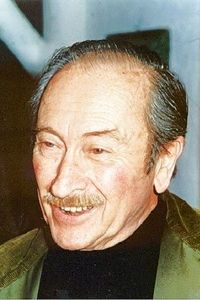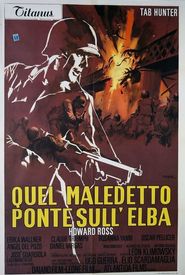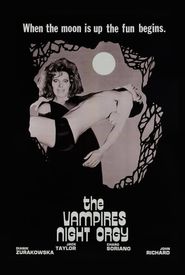León Klimovsky, a renowned Argentine film director and writer, emerged onto the cinematic scene on October 16, 1906, in the vibrant city of Buenos Aires, Argentina. This talented individual left an indelible mark on the film industry, with a plethora of notable works to his credit, including the iconic "La paz empieza nunca" (1960),"La pícara molinera" (1955),and the thought-provoking "Salto a la gloria" (1959).
Throughout his illustrious career, Klimovsky was blessed with the companionship of his loving wife, Inés de Tolosa. The couple's union was a testament to the power of love and partnership, which undoubtedly played a significant role in Klimovsky's creative journey.
Tragically, León Klimovsky's life came to a close on April 8, 1996, in Madrid, Spain, leaving behind a legacy that continues to inspire and influence filmmakers to this day. Despite his passing, his body of work remains a testament to his unwavering dedication to his craft, and his contributions to the world of cinema will forever be remembered.

























